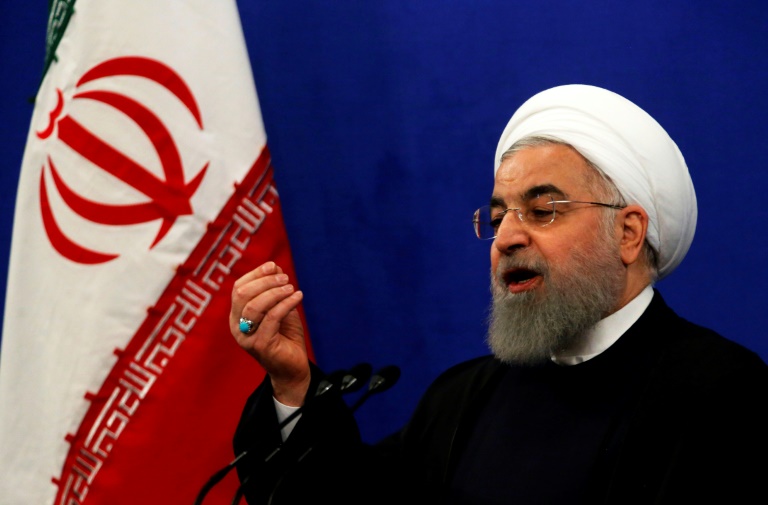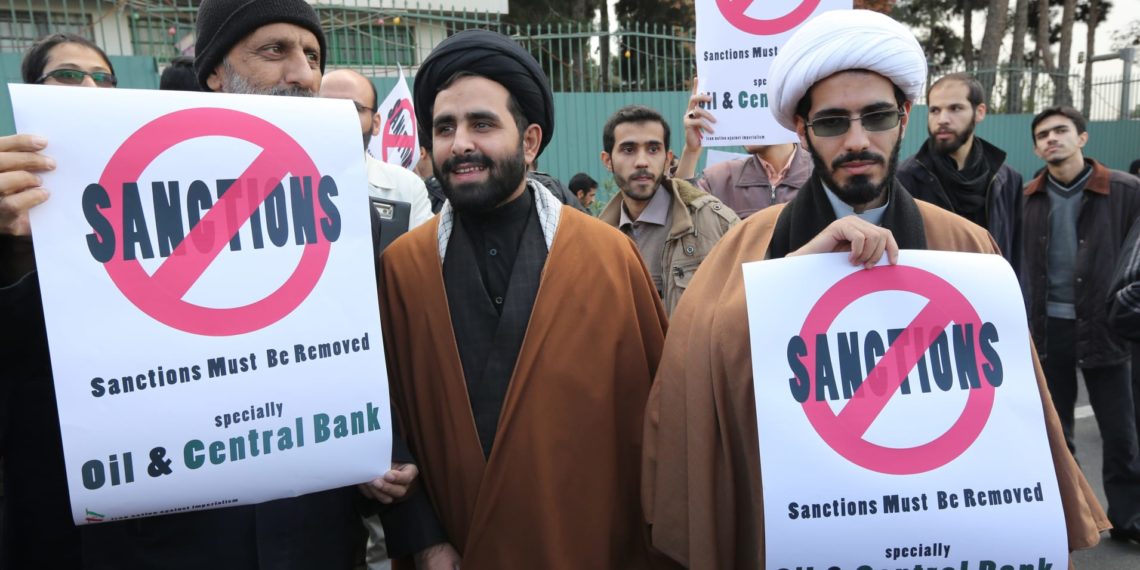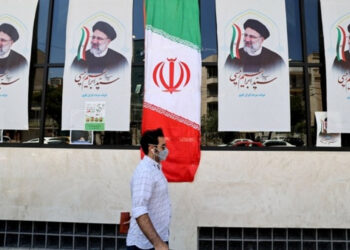The United States is the only country in the world that uses economic sanctions as an essential instrument of foreign policy. In recent years, Washington has imposed sanctions on more than 100 states and entities, applying and intensifying them on foes in China, Iran, North Korea, and Russia. Why does America use economic sanctions so profusely? And are they the indeed silver bullet of foreign policy that some make them out to be?
The U.S. avidly uses punitive measures simply because it can. The country has the economic and political muscle to get its way and coerce adversaries into submission. Unlike the declaration of war, sanctioning an adversary does not require Congressional authorization, making it a much-used instrument of foreign policy.
Iran wanted me to lift the sanctions imposed on them in order to meet. I said, of course, NO!
— Donald J. Trump (@realDonaldTrump) September 27, 2019
At the same time, when diplomacy fails, sanctions appear to be more palatable to the electorate than armed intervention. This is because of the perception that sanctions preclude economic cost, human casualties, and the scar of armed conflict, all of which could breed hatred and revenge.
However, U.S. policymakers may be deceiving themselves about the efficacy of sanctions. From the American perspective, punitive measures may look like a relatively benign policy instrument, but in the sanctioned country, they could appear otherwise. People in the penalized state could experience much suffering, as they are deprived of essential medicines and foods. Additionally, this often only befalls the masses, while the elite may even benefit from smuggling and other illegal activities.
US Sanctions on Iran
In Iran, Washington’s stringent economic sanctions closely replicate an armed conflict and its aftermath. Iran’s main export of oil and gas are sanctioned and have plummeted, resulting in the country’s foreign exchange reserves being depleted. Iran is unable to import most products at prevailing international prices.
Iran has been cut off from the systems essential for facilitating international trade. The country has been disconnected from the global bank-to-bank SWIFT communication system. Its central and commercial banks can’t transfer foreign exchange across borders, issue letters of credit, or access short-term financing. Insurance rates for shipment of goods to and from Iran have spiked.
The Iranian economy has been impaired, not through physical destruction as in the case of war but with the same result: lower national economic output and loss of access to markets for exports and imports. Investment, including foreign investment, has plunged because of uncertainty and higher risk, signaling future economic pain. And most importantly, people are suffering and even dying, not from bombs but from the shortage of medicines and medical equipment. The pain of the Iranian people is real and everywhere to be seen.
Invisible Fallout
Besides this apparent fallout, American sanctions on Iran cause an effect that is invisible but much more insidious for the U.S. future. The victims of harsh economic sanctions feel that they are engulfed in an unjust war, a war that goes unnoticed by the world but is very real to them.

Today, while innocent Iranians suffer, the general population in the United States might feel good about having avoided armed conflict while putting pressure on Iran’s leadership to change its ways.
Sanctions numb Americans into complacency and into thinking that they have avoided the horrors of military conflict. However, the human suffering of average Iranians will leave a scar on the nation that is akin to the scar of a harsh war, sowing the seeds of revenge, retribution, and future conflicts.






















